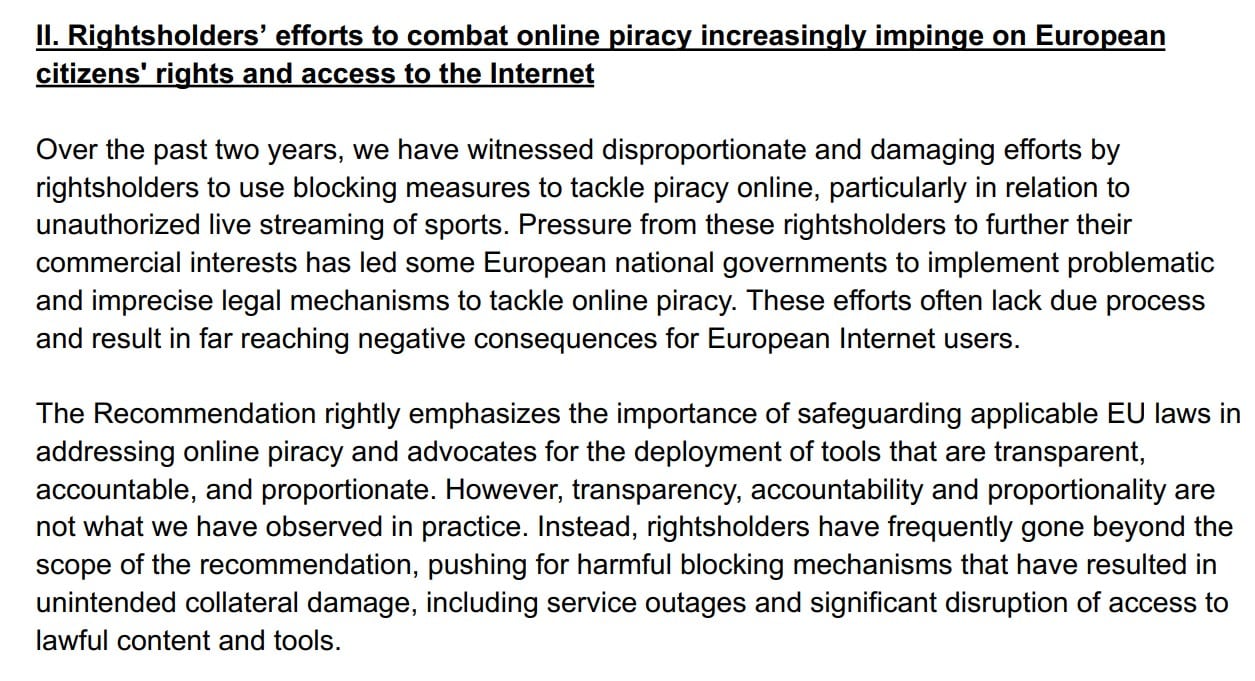 After a decade of focusing efforts overseas, the push for pirate site blocking has landed back on American shores.
After a decade of focusing efforts overseas, the push for pirate site blocking has landed back on American shores.
There are currently two bills in the making; the Foreign Anti-Digital Piracy Act (FADPA) introduced by Representative Zoe Lofgren in February, and Representative Darrell Issa’s ‘American Copyright Protection Act’ (ACPA), which tackles the same issue from a different angle.
ACPA has yet to be formally introduced, but a draft of the framework was shared with stakeholders late May, with a request for input. While most of the back and forth takes place behind closed doors, the Re:Create Coalition and the Library Copyright Alliance (LCA) shared their critical comments publicly.
Overblocking Fears
The Library Copyright Alliance is pleased that libraries will be exempt from the blocking proposal, as they are not categorized as service providers. However, there are still concerns that the bill, as currently drafted, could lead to overblocking.
“LCA remains concerned that ACPA’s no-fault injunction structure could lead to over-blocking that could restrict access to information and thereby harm library users,” LCA writes.
The LCA notes that most cases will likely result in default judgments, as foreign sites typically unresponsive to actions filed in U.S. courts. In addition, service providers are unlikely to oppose orders on behalf of these unknown third parties.
“A service provider’s objective would be to implement the blocking in the most expedient manner possible, regardless of possible over-blocking,” LCA notes.
This predicted lack of scrutiny means that some sites may be classified as foreign piracy sites, even when they fail to meet the statutory definition.
Re:Create also raises overblocking concerns, focusing on the destabilizing impact the measures could have on the broader internet, suggesting that the potential fallout should be taken seriously.
“Advocates for site-blocking have downplayed the threat of overblocking and pooh-poohed the idea of ‘breaking the internet,’ saying that site-blocking can be achieved without threatening the integrity of the internet or lawful internet use. However, the latest research suggests site-blocking advocates may be trying to rush their idea into law before the facts can catch up to them.”
Re:Create cites an i2Coalition report which found that overblocking is widespread, especially when restrictions are applied to shared infrastructure like cloud platforms and CDNs. This is considered a potential threat to the internet’s architecture, the digital economy, and fundamental rights.
Solution in search of a problem?
Both groups mention overblocking in detail, but they also highlight separate issues. Re:Create, for example, notes that it’s not clear that site blocking is needed, questioning research that estimated a significant negative economic impact of online piracy.
“Site-blocking is a solution in search of a problem,” the group writes, citing a rebuttal from the Computer & Communications Industry Association’s Research Center, which points out several flaws in a key report that estimated $29.2 billion in lost U.S. revenues.
From Re:Create’s submission
This estimate is biased and based on flawed methodology, resulting in a multi-billion dollar figure that is “wildly out of step with previous studies that had concluded impacts from piracy were much smaller, potentially as low as zero,” Re:Create notes.
Move Site Blocking to the ITC
The LCA doesn’t mention the alleged damages, nor is it entirely against a site blocking bill. However, to prevent the risk of overblocking due to default judgments, it would like to shift the proposed forum from specific district judges to the International Trade Commission (ITC).
The library association argues that ITC judges already have expertise in intellectual property, and the ITC staff would represent the public interest, helping to prevent over-blocking.
“The staff’s ongoing involvement would help prevent over-blocking. Significantly, the ITC is equipped to order temporary relief, so it could act quickly to protect the interests of copyright owners,” LCA writes.
The idea of using the ITC as a forum to handle piracy related cases isn’t entirely new. In 2012, Rep. Issa’s proposed the OPEN Act, which would have tasked the Commission with stopping money flows to pirate sites. The bill was an alternative to SOPA and PIPA, but never passed.
A Sunsetting Clause?
The libraries also mention a novelty that, to our knowledge, has never been mentioned in public; a proposed sunsetting clause that is being considered by Rep. Issa.
“During one of the roundtables, Chairman Issa mentioned the possibility of the site-blocking legislation sunsetting after a set number of years. We favor sunsetting the legislation after five years,” LCA writes.
A sunsetting clause means that the law will automatically terminate or expire on a specific date unless Congress takes deliberate action to extend it. It is essentially a built-in expiration date for the bill, which ensures a thorough reevaluation of its impact and effectiveness in the future.
The ACPA framework is still in the discussion phase and the initial feedback shows that there may be room for improvement. This is especially true considering that these two responses are just the tip of the iceberg; there are likely others calling for more drastic enforcement too.
—
A copy of the comments shared by Re:Create can be found here (pdf) and the Library Copyright Alliance’s submission can be found here (pdf).
From: TF, for the latest news on copyright battles, piracy and more.
From TorrentFreak via this RSS feed
 Over the past two years, rightsholders of all kinds have filed lawsuits against companies that develop AI models.
Over the past two years, rightsholders of all kinds have filed lawsuits against companies that develop AI models.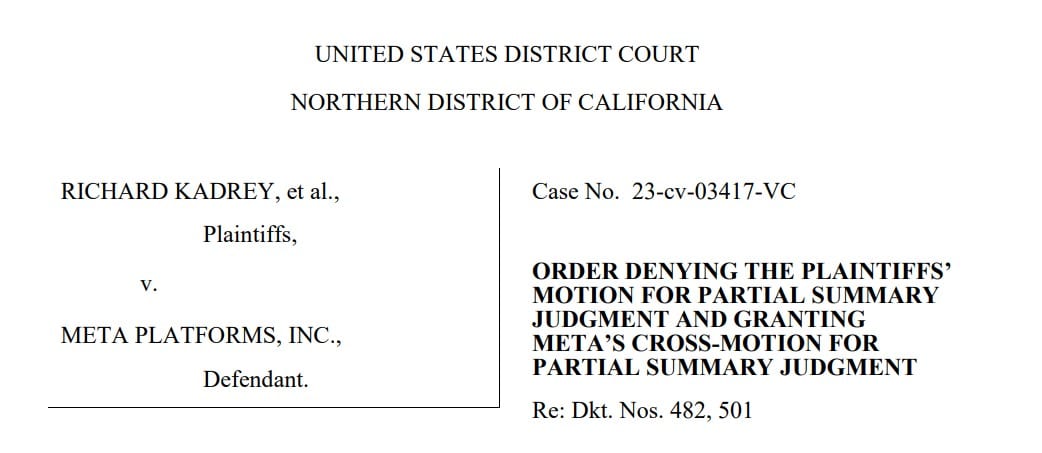

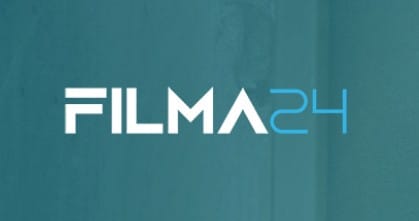 Online piracy is a global problem for copyright holders, but some threats are relatively localized.
Online piracy is a global problem for copyright holders, but some threats are relatively localized.
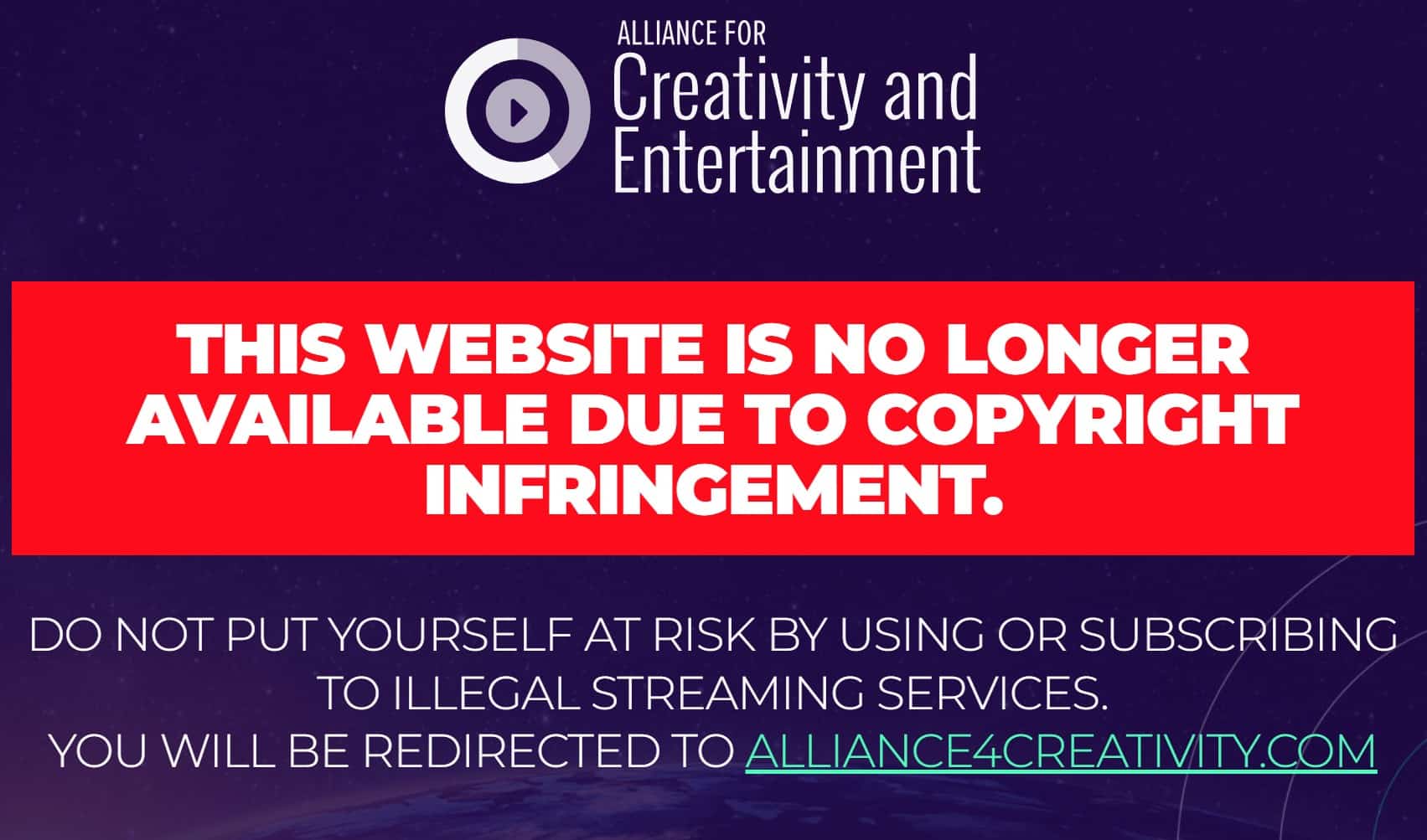
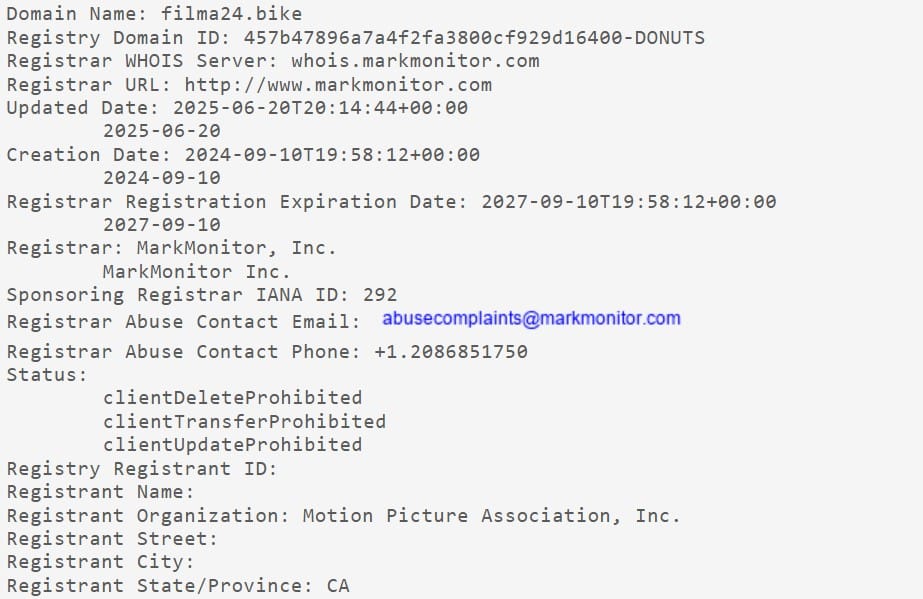
 Selling pirate IPTV subscriptions has always been illegal and after the EU’s top court confirmed as much in 2017, consuming unlicensed content is illegal too. Nevertheless, these offenses are typically treated differently.
Selling pirate IPTV subscriptions has always been illegal and after the EU’s top court confirmed as much in 2017, consuming unlicensed content is illegal too. Nevertheless, these offenses are typically treated differently.
 The High Court in Delhi, India, regularly issues site blocking orders, requiring Internet providers to block access to pirate sites.
The High Court in Delhi, India, regularly issues site blocking orders, requiring Internet providers to block access to pirate sites.
 Hot on the heels of a live sports piracy
Hot on the heels of a live sports piracy 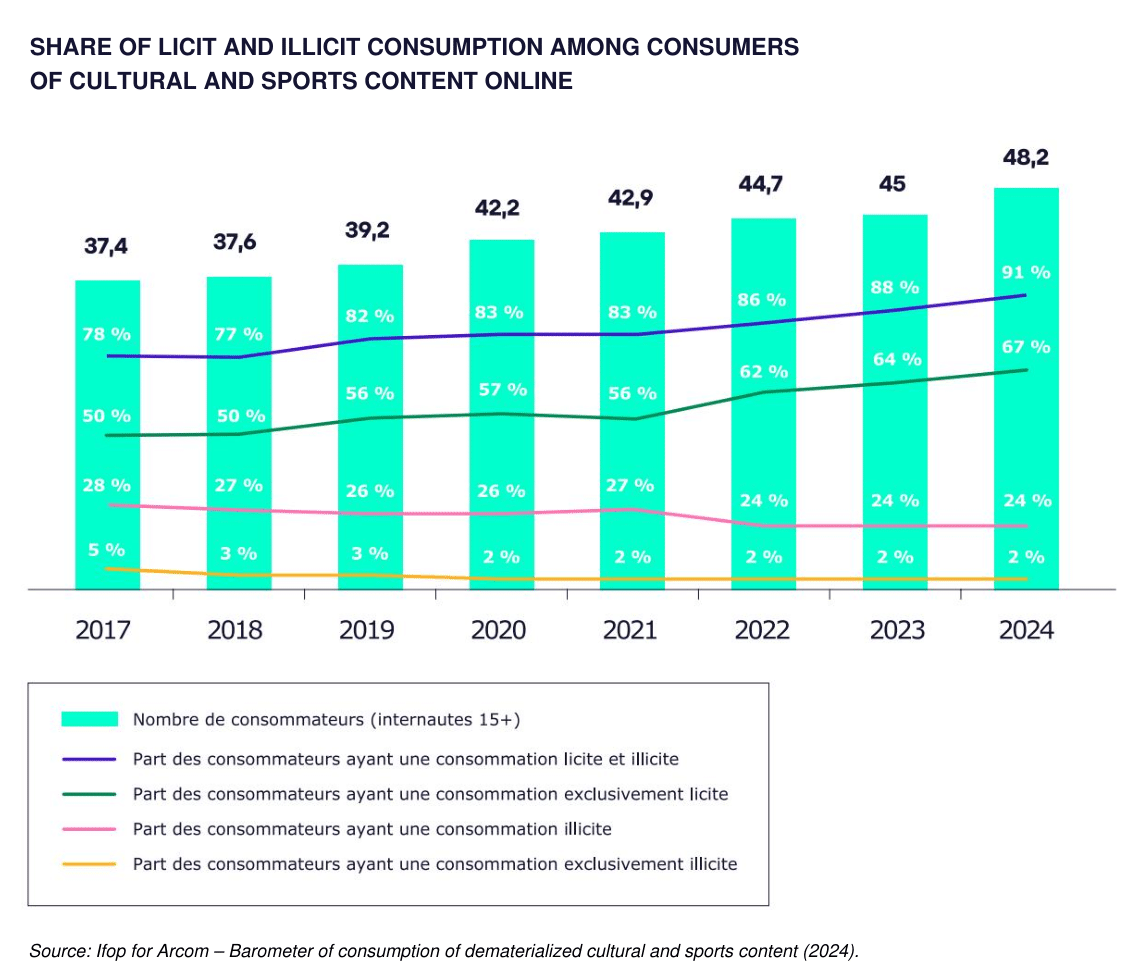
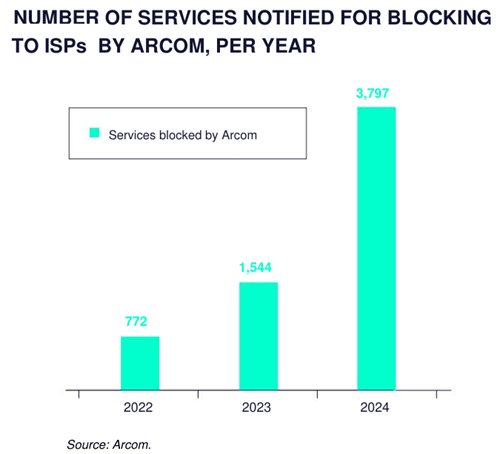 Processing increasing numbers of blocking requests was streamlined last year with the introduction of a new system at Arcom.
Processing increasing numbers of blocking requests was streamlined last year with the introduction of a new system at Arcom.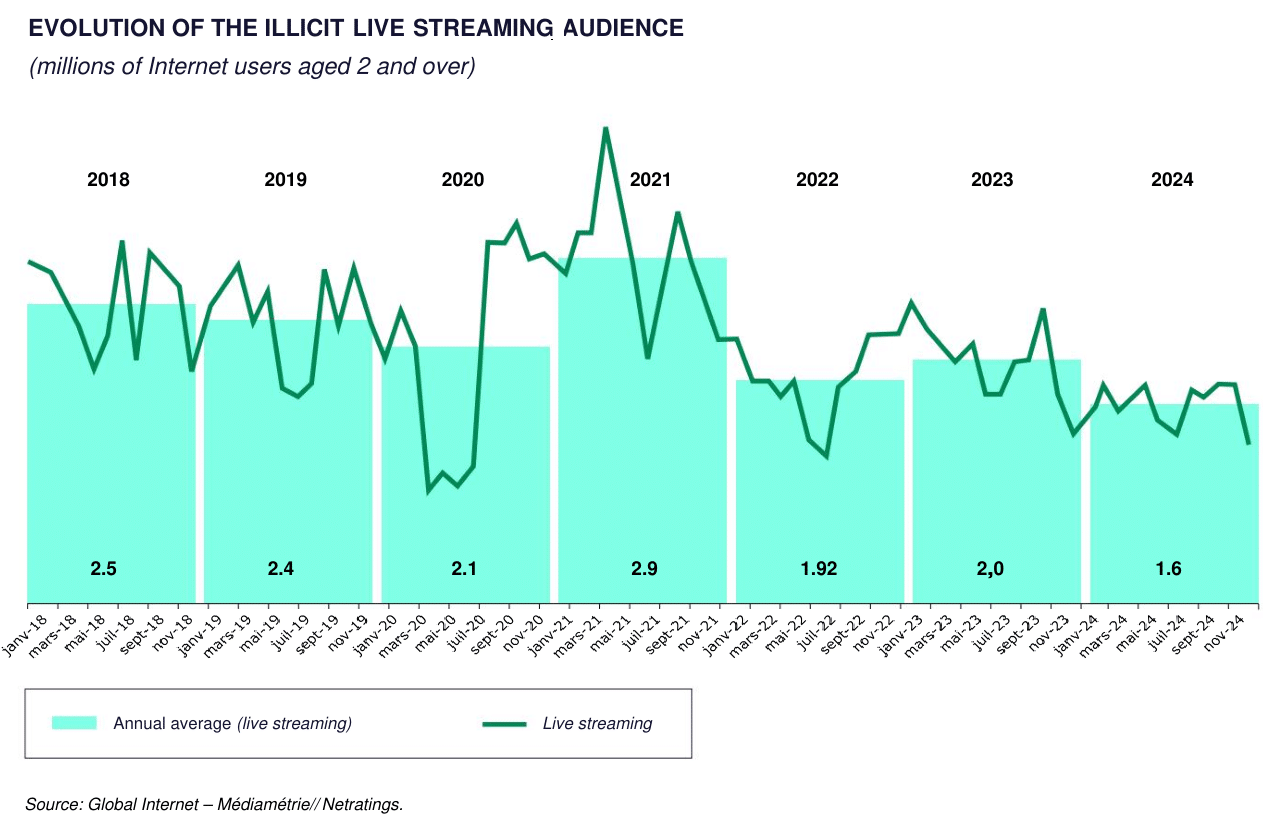

 Sky’s war on TV piracy has raged for well over thirty years and despite the passing of time, the goal remains the same.
Sky’s war on TV piracy has raged for well over thirty years and despite the passing of time, the goal remains the same. Last year, Italy officially implemented the ‘
Last year, Italy officially implemented the ‘ The most obvious downward piracy trends have arrived in response to rightsholders addressing market demands.
The most obvious downward piracy trends have arrived in response to rightsholders addressing market demands.
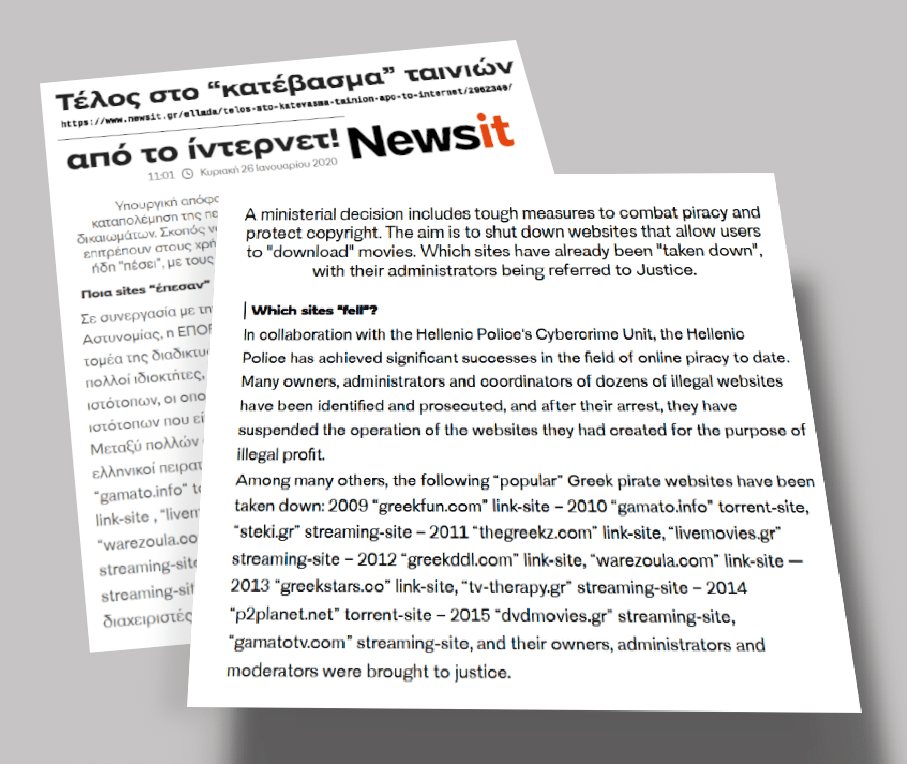
 In a complaint filed at a Nashville federal court two years ago, Universal Music, Sony Music, EMI and others, accused X Corp of
In a complaint filed at a Nashville federal court two years ago, Universal Music, Sony Music, EMI and others, accused X Corp of 

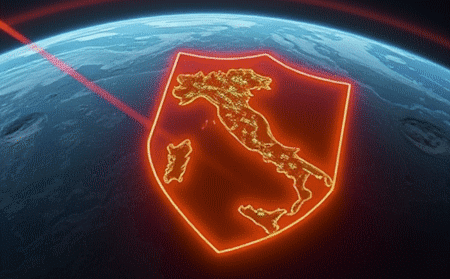 In countries where site-blocking has been established for years, relatively small but always expanding measures happen mostly unannounced. It’s often too late to complain when the public are the last to know.
In countries where site-blocking has been established for years, relatively small but always expanding measures happen mostly unannounced. It’s often too late to complain when the public are the last to know.


 In the late ’90s, with P2P file-sharing yet to really take off, music industry insiders had already toyed with the idea of a ‘celestial jukebox’ that could access all music in the world.
In the late ’90s, with P2P file-sharing yet to really take off, music industry insiders had already toyed with the idea of a ‘celestial jukebox’ that could access all music in the world.

 Incorporated in Georgia, YuppTV USA Inc. markets itself as one of the world’s largest internet-based TV and on-demand platforms for South Asian content. Most of the company’s subscribers are described as “non-resident individuals.”
Incorporated in Georgia, YuppTV USA Inc. markets itself as one of the world’s largest internet-based TV and on-demand platforms for South Asian content. Most of the company’s subscribers are described as “non-resident individuals.”


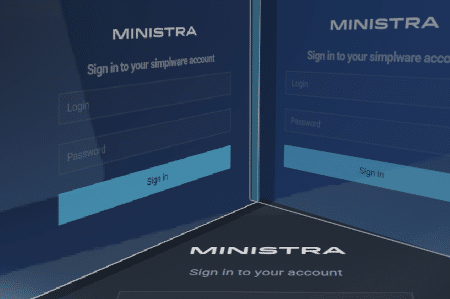 The basis for YuppTV’s claim against Infomir is far from clear. Even with an especially broad view of what type of conduct may amount to contributory infringement, nothing really stands out based on the information provided.
The basis for YuppTV’s claim against Infomir is far from clear. Even with an especially broad view of what type of conduct may amount to contributory infringement, nothing really stands out based on the information provided.
 Pirate sites and services can be a real challenge for rightsholders to deal with. In India, however, recent court orders have proven to be quite effective.
Pirate sites and services can be a real challenge for rightsholders to deal with. In India, however, recent court orders have proven to be quite effective.
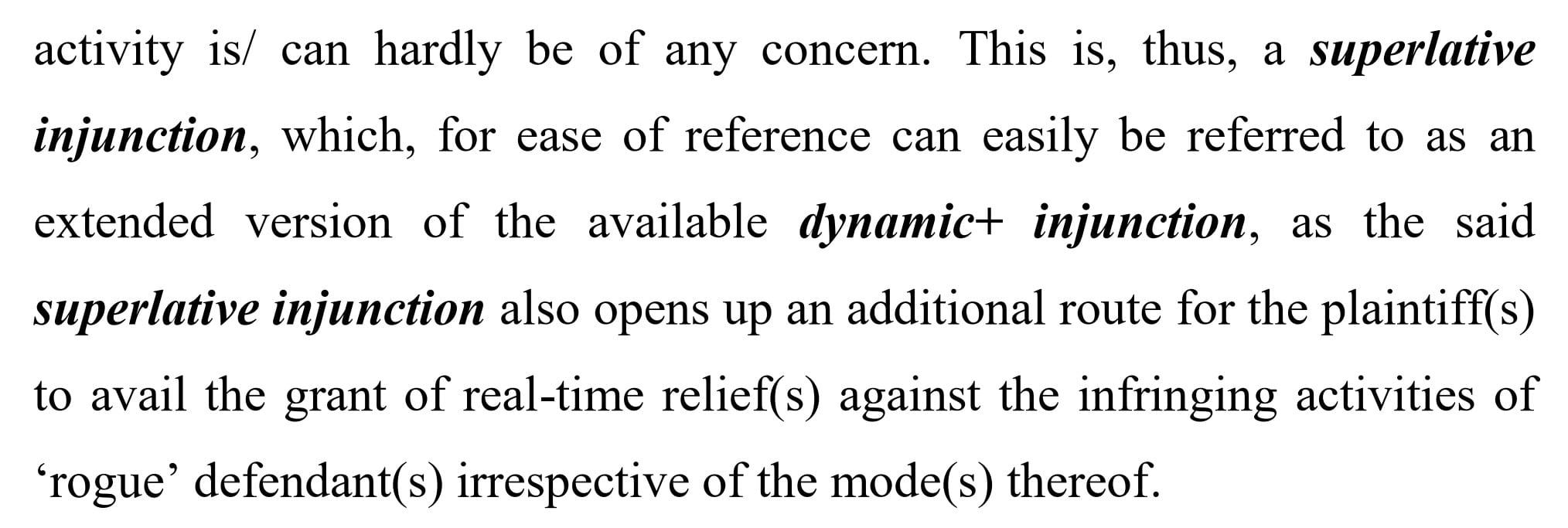
 In 2023, sports rightsholders and their broadcasting partners had their collective patience tested to the limit.
In 2023, sports rightsholders and their broadcasting partners had their collective patience tested to the limit.

 After a Virginia jury ordered internet provider Cox to pay $1 billion in damages for failing to take appropriate actions against pirating subscribers, shockwaves rippled through the ISP industry.
After a Virginia jury ordered internet provider Cox to pay $1 billion in damages for failing to take appropriate actions against pirating subscribers, shockwaves rippled through the ISP industry.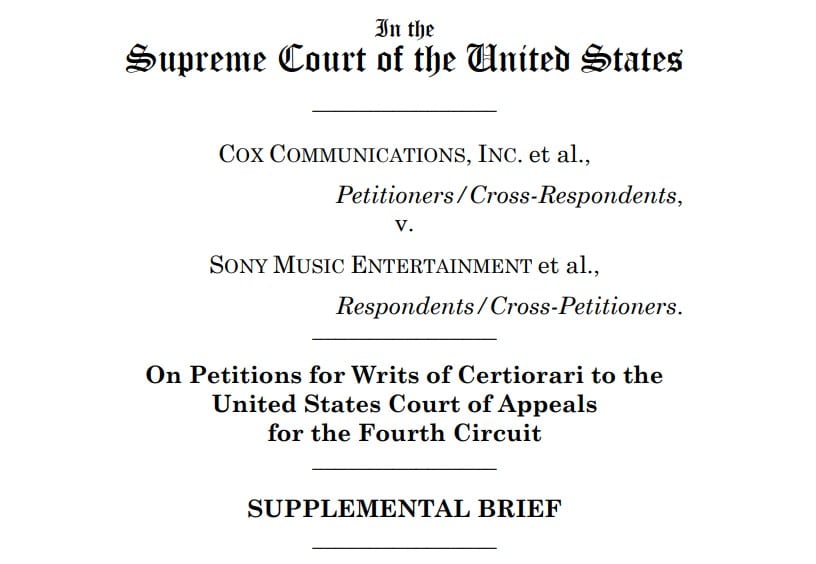
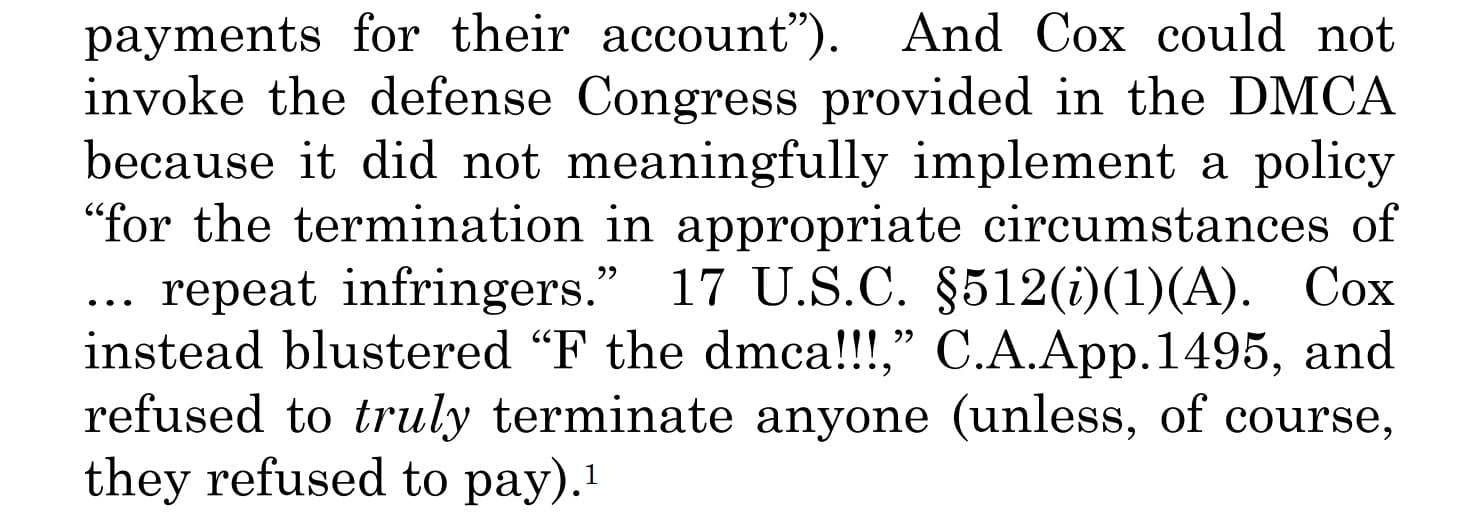
 Traditional site-blocking measures that require local ISPs to block subscriber access to popular pirate sites, have been utilized by rightsholders in France for years. The aim is to deter piracy by making sites more difficult to find, but these measures are only partially effective.
Traditional site-blocking measures that require local ISPs to block subscriber access to popular pirate sites, have been utilized by rightsholders in France for years. The aim is to deter piracy by making sites more difficult to find, but these measures are only partially effective.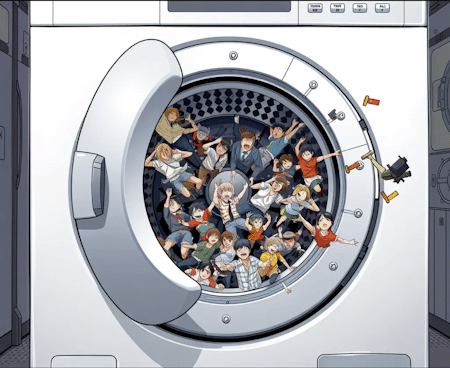 The extraordinary online popularity of Japanese manga comics shows no sign of retreat, with pirate site-based consumption at unprecedented levels fueled by
The extraordinary online popularity of Japanese manga comics shows no sign of retreat, with pirate site-based consumption at unprecedented levels fueled by  Shueisha’s subpoena target is Cloudflare and having already served DMCA takedown notices as required, Shueisha should receive data for around two dozen pirate domains.
Shueisha’s subpoena target is Cloudflare and having already served DMCA takedown notices as required, Shueisha should receive data for around two dozen pirate domains.

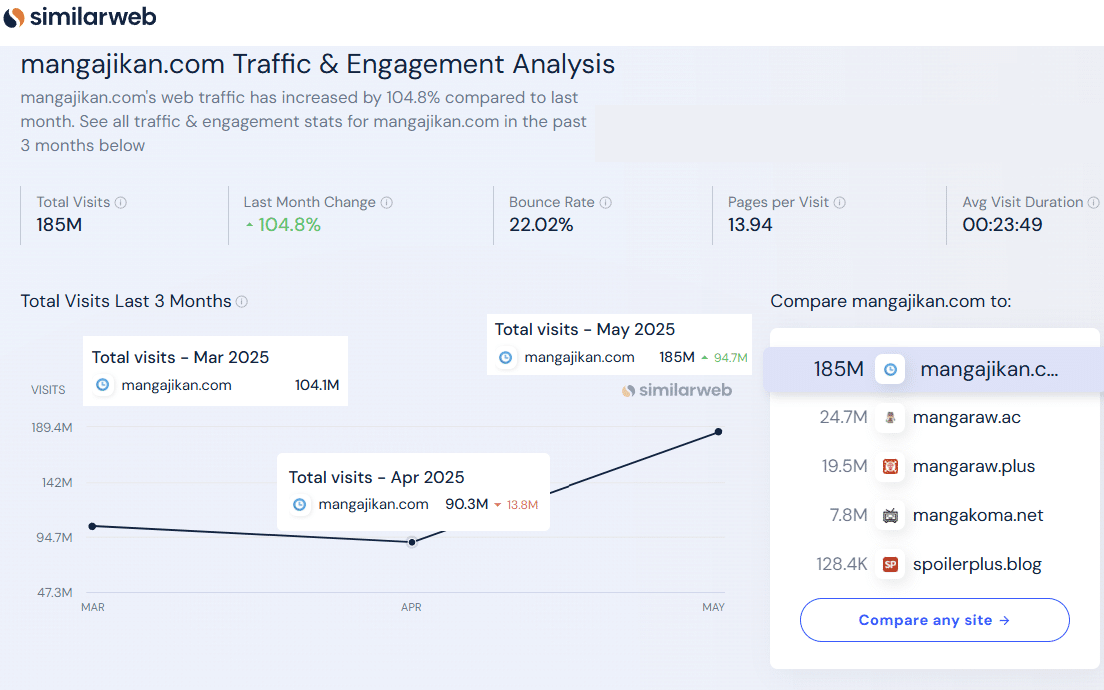

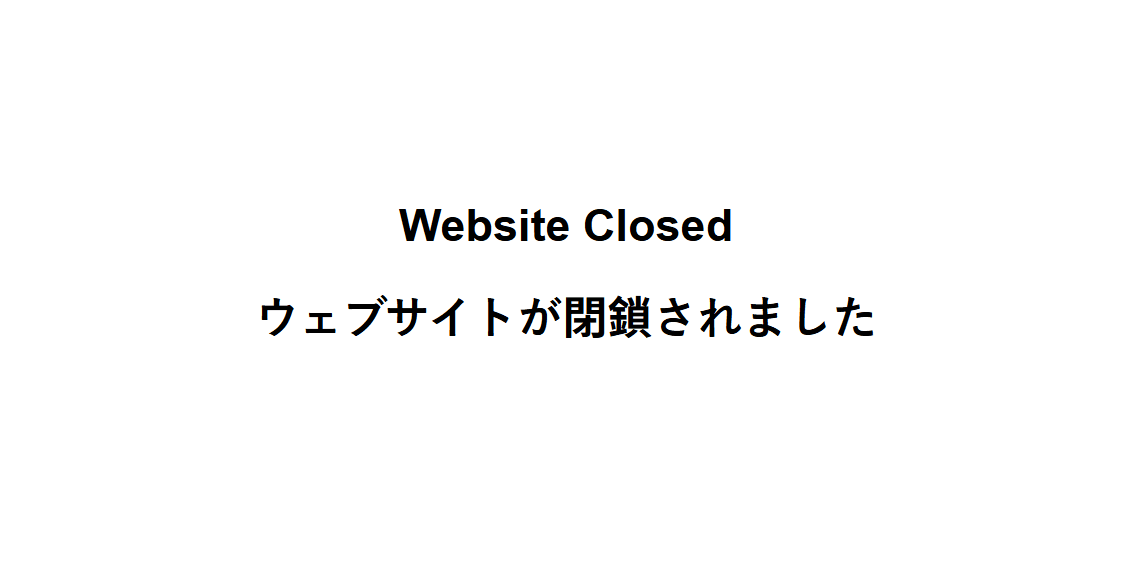
 While that domain also makes an appearance in the DMCA subpoena application, Semrush data reveals that around 20% of outbound traffic went directly to a more suspicious looking domain. For obvious reasons we’re not naming it here.
While that domain also makes an appearance in the DMCA subpoena application, Semrush data reveals that around 20% of outbound traffic went directly to a more suspicious looking domain. For obvious reasons we’re not naming it here. Earlier this month, dozens of rightsholders and copyright groups urged the European Commission to pave the way for more robust measures to tackle live-streaming piracy.
Earlier this month, dozens of rightsholders and copyright groups urged the European Commission to pave the way for more robust measures to tackle live-streaming piracy.
 In countries where protection is granted automatically, it’s possible for ordinary people to become copyright owners in a matter of minutes.
In countries where protection is granted automatically, it’s possible for ordinary people to become copyright owners in a matter of minutes. Japan-based anti-piracy group CODA represents the world’s leading manga publishers.
Japan-based anti-piracy group CODA represents the world’s leading manga publishers.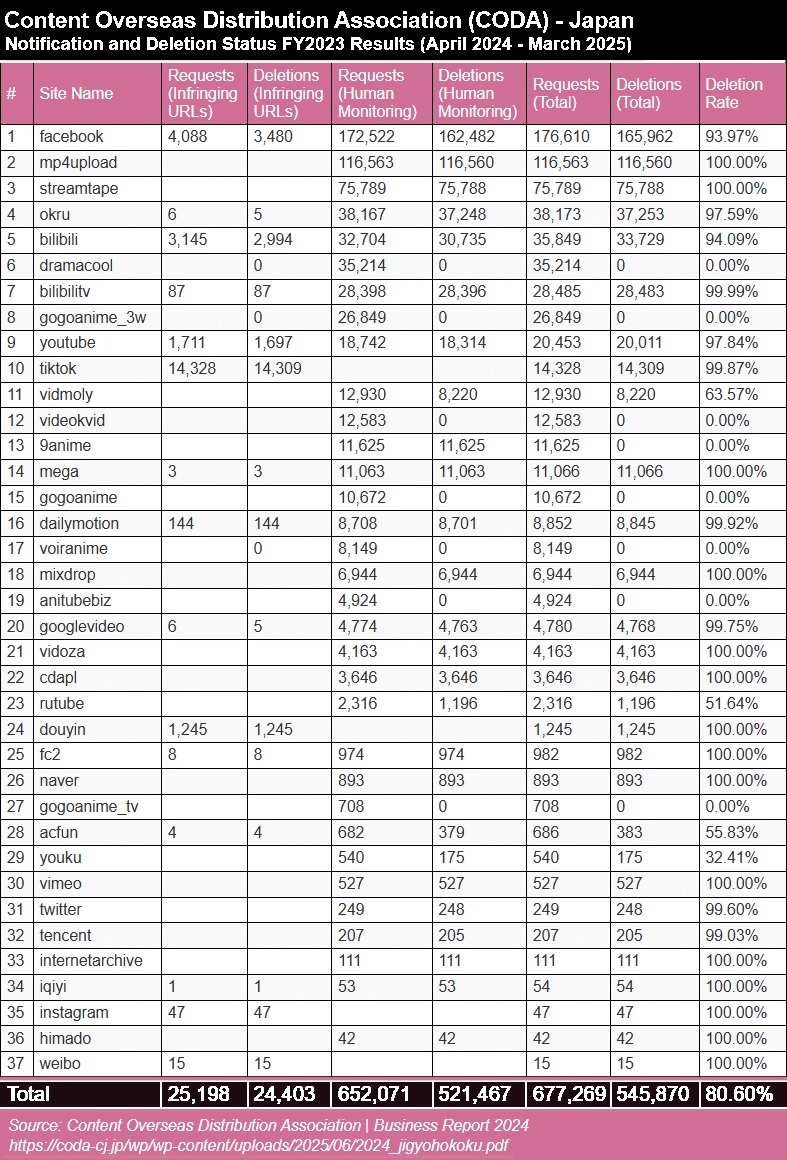
 Despite the widespread availability of legal options, online piracy remains rampant. Every day, pirate sites are visited hundreds of millions of times.
Despite the widespread availability of legal options, online piracy remains rampant. Every day, pirate sites are visited hundreds of millions of times.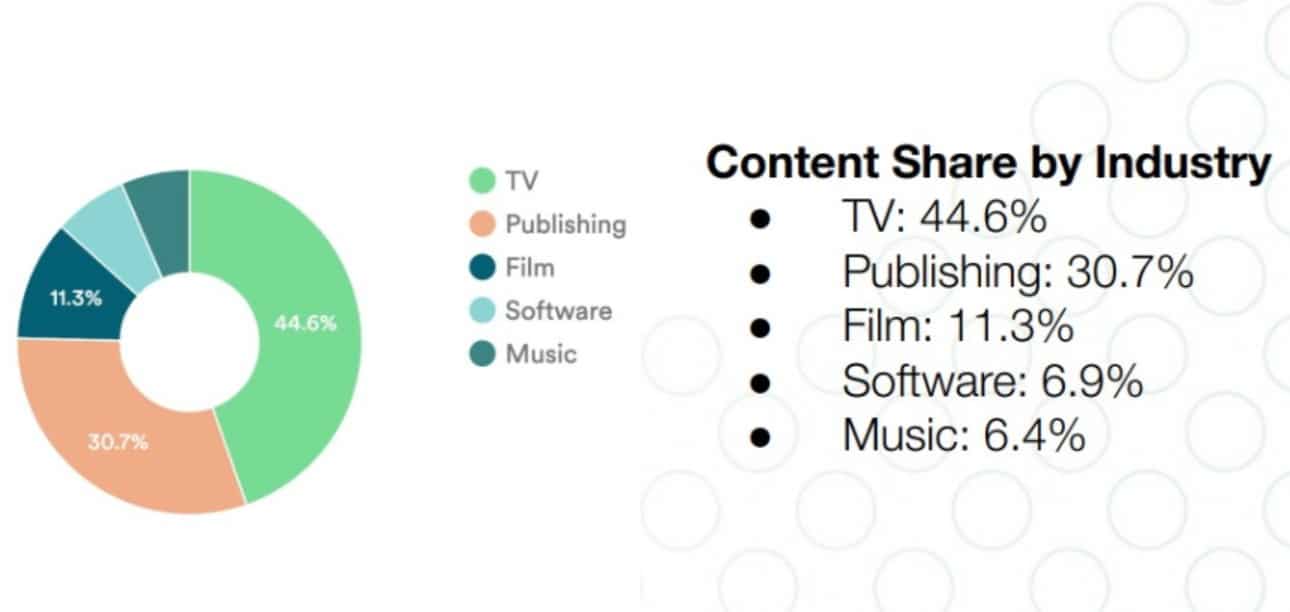
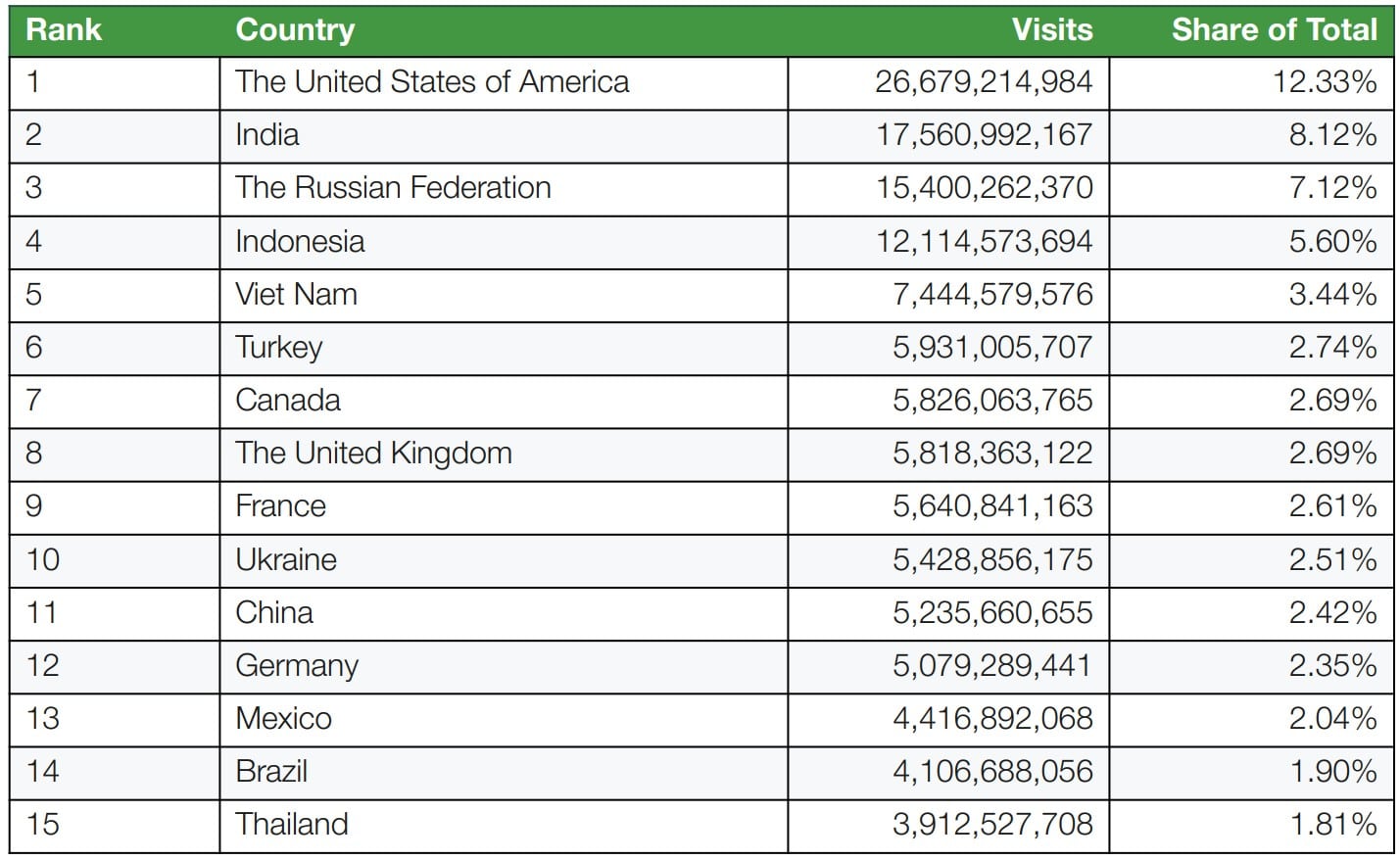
 The increase is largely driven by the popularity of manga, which accounts for more than 70% of all publishing piracy. Traditional book piracy, meanwhile, is stuck at 5%.
The increase is largely driven by the popularity of manga, which accounts for more than 70% of all publishing piracy. Traditional book piracy, meanwhile, is stuck at 5%.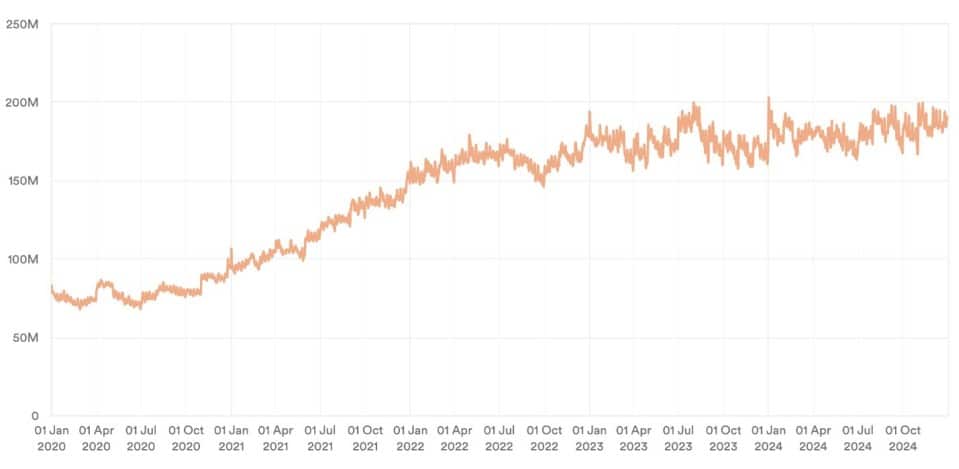
 In 2006 alone, Russia-based AllOfMP3 reportedly banked $30 million from sales of an unauthorized music product for which the major labels received no payment.
In 2006 alone, Russia-based AllOfMP3 reportedly banked $30 million from sales of an unauthorized music product for which the major labels received no payment.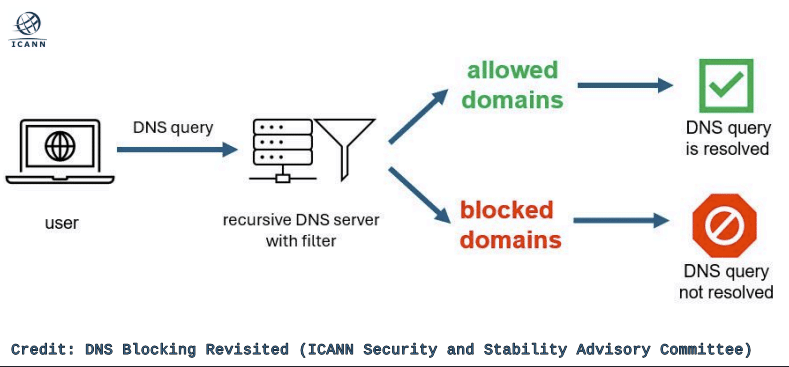
 In late 2022, music industry giants including Warner Bros. and Sony Music secured a victory in their lawsuit against Internet provider Grande Communications.
In late 2022, music industry giants including Warner Bros. and Sony Music secured a victory in their lawsuit against Internet provider Grande Communications.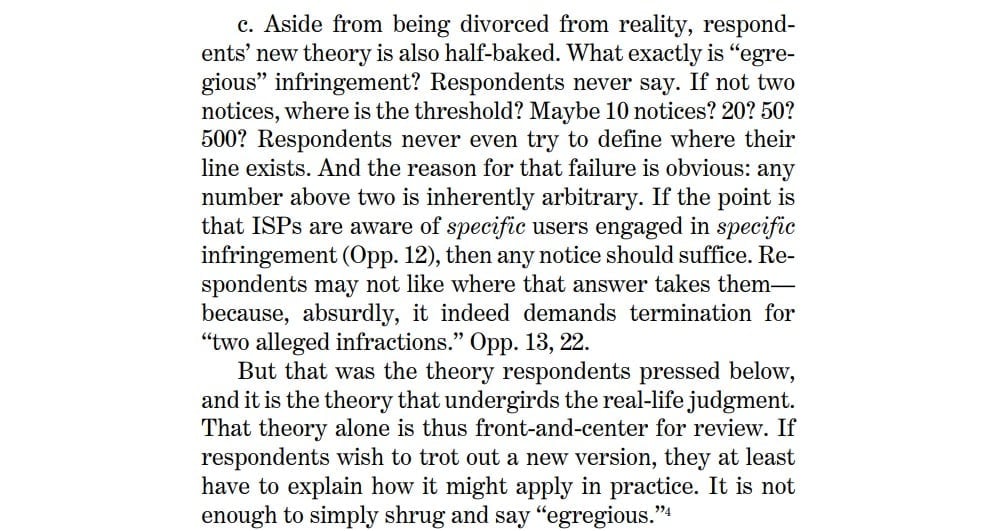
 In common with many services provided by Google, its search engine is wide open and free of charge at the point of delivery.
In common with many services provided by Google, its search engine is wide open and free of charge at the point of delivery.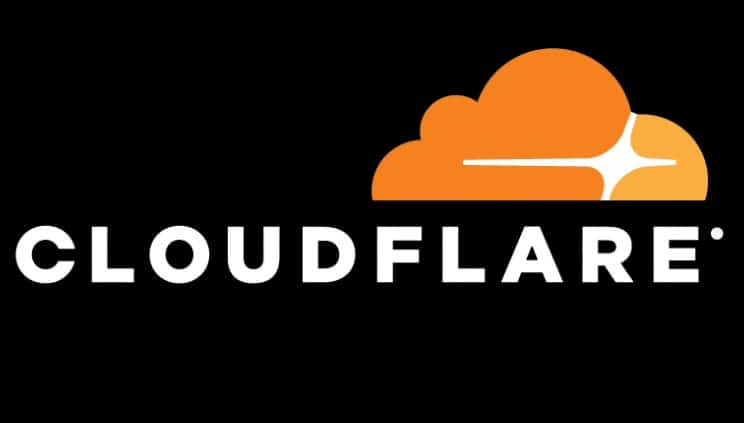 Two years ago, the European Commission published a non-binding recommendation to tackle the problem of live-streaming piracy, sports in particular.
Two years ago, the European Commission published a non-binding recommendation to tackle the problem of live-streaming piracy, sports in particular.